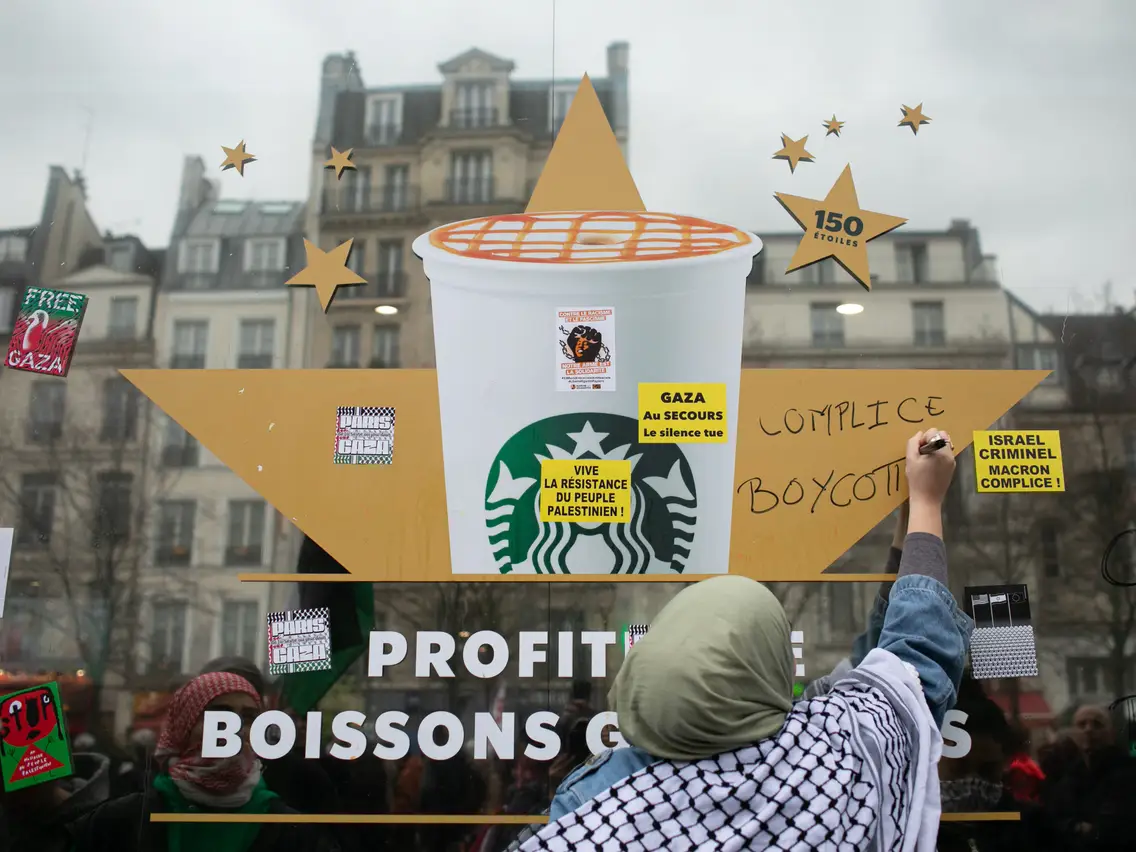
Analysts Warn of Potential Risks for Alphabet Amid Google Breakup Speculations, Despite Stock Gains
Latest News
Zaker Adham
17 August 2024
04 August 2024
|
Zaker Adham
Summary
Summary
Recent global boycotts against Israel have led to significant declines in sales for major multinational corporations Starbucks and McDonald’s. These boycotts, driven by geopolitical tensions and activist movements, are impacting the financial performance and public perception of these companies around the world.

Impact of the Boycotts
Starbucks: The coffee giant is experiencing reduced sales in regions where pro-Palestinian sentiment is strong. Activists have targeted Starbucks, alleging connections with Israel despite the company's statements denying direct involvement.
McDonald’s: The fast-food chain is also facing a downturn in sales due to boycott campaigns. The backlash in affected areas has led to decreased patronage and negative publicity, affecting the brand's reputation and financial performance.
Strategic and Financial Implications
Revenue Loss: Both companies are seeing notable drops in revenue in regions heavily impacted by the boycotts. This financial strain is particularly evident in Middle Eastern countries, parts of Europe, and certain North American communities.
Brand Image: The boycotts are damaging the brand image of Starbucks and McDonald’s. Social media campaigns and public demonstrations are influencing consumer behavior, leading to a decline in sales and increased scrutiny of their business practices.
International Response
Corporate Statements: In response to the boycotts, both companies have issued statements clarifying their positions. Starbucks has emphasized that it does not operate in Israel, while McDonald’s has reiterated its commitment to serving diverse communities.

Activist Movements: Pro-Palestinian activists are using these boycotts to apply economic pressure on the companies, leveraging social media and grassroots campaigns to further their cause and mobilize supporters.

Latest News
Zaker Adham
17 August 2024

Latest News
Zaker Adham
15 August 2024

Latest News
Zaker Adham
14 August 2024

Latest News
Zaker Adham
13 August 2024